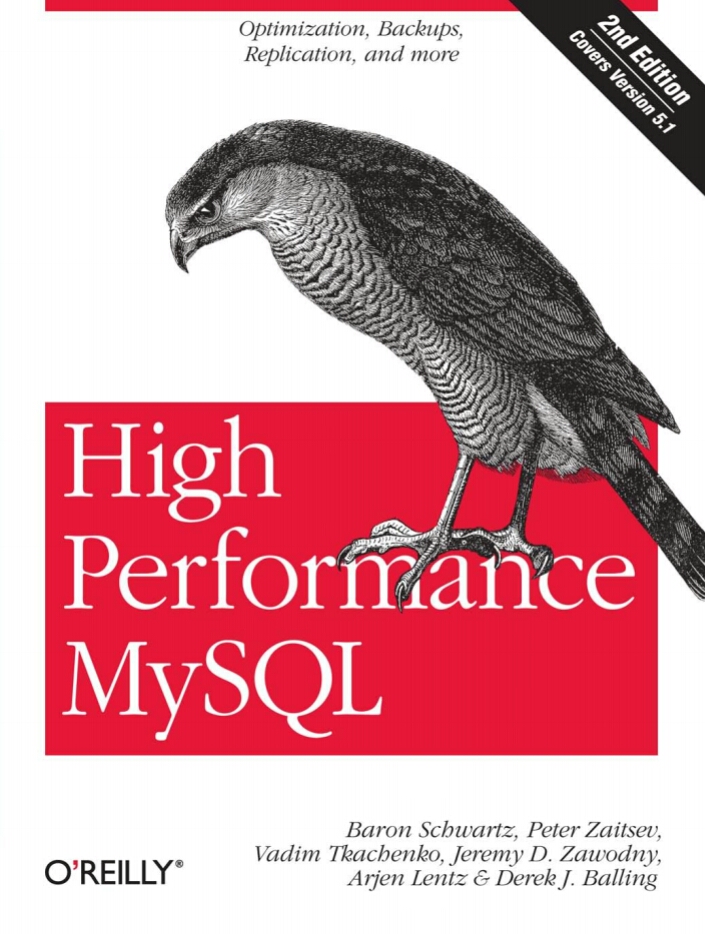

Most ebook files are in PDF format, so you can easily read them using various software such as Foxit Reader or directly on the Google Chrome browser.
Some ebook files are released by publishers in other formats such as .awz, .mobi, .epub, .fb2, etc. You may need to install specific software to read these formats on mobile/PC, such as Calibre.
Please read the tutorial at this link: https://ebookbell.com/faq
We offer FREE conversion to the popular formats you request; however, this may take some time. Therefore, right after payment, please email us, and we will try to provide the service as quickly as possible.
For some exceptional file formats or broken links (if any), please refrain from opening any disputes. Instead, email us first, and we will try to assist within a maximum of 6 hours.
EbookBell Team

0.0
0 reviewsHigh Performance MySQL teaches you advanced techniques in depth so you can bring out MySQL's full power. Learn how to design schemas, indexes, queries and advanced MySQL features for maximum performance, and get detailed guidance for tuning your MySQL server, operating system, and hardware to their fullest potential. You'll also learn practical, safe, high-performance ways to scale your applications with replication, load balancing, high availability, and failover.
This second edition is completely revised and greatly expanded, with deeper coverage in all areas. Major additions include:
• Emphasis throughout on both performance and reliability
• Thorough coverage of storage engines, including in-depth tuning and optimizations for the InnoDB storage engine
• Effects of new features in MySQL 5.0 and 5.1, including stored procedures, partitioned databases, triggers, and views
• A detailed discussion on how to build very large, highly scalable systems with MySQL
• New options for backups and replication
• Optimization of advanced querying features, such as full-text searches
• Four new appendices
The book also includes chapters on benchmarking, profiling, backups, security, and tools and techniques to help you measure, monitor, and manage your MySQL installations.